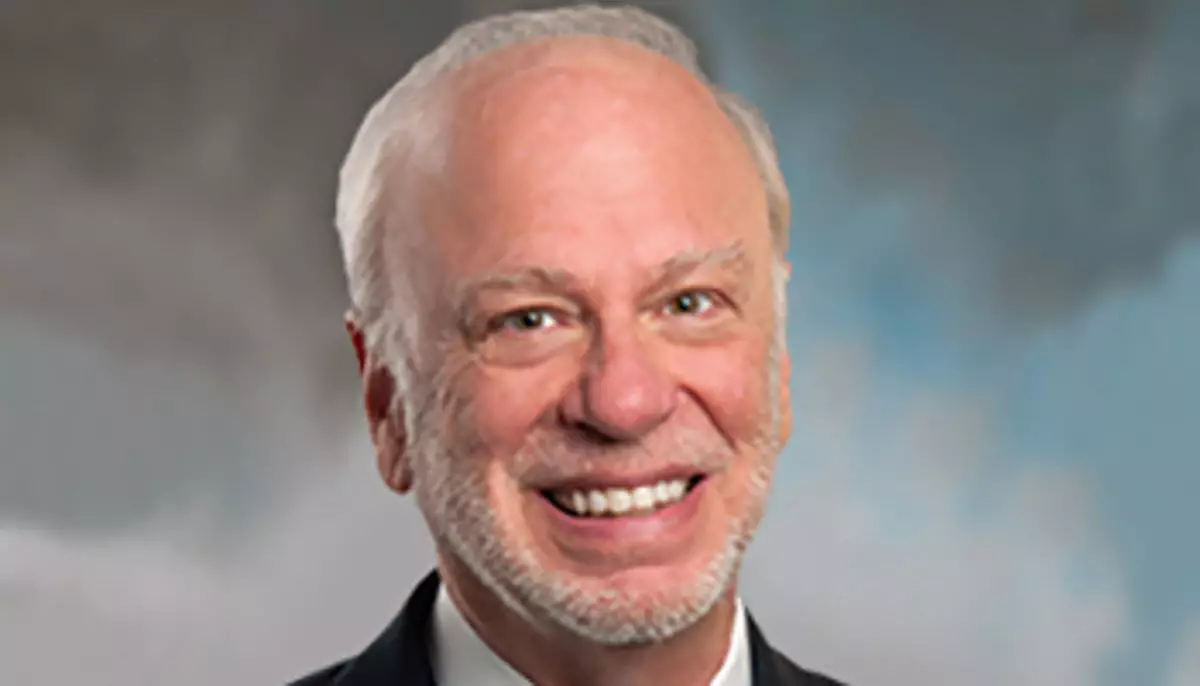In recent years, travel distribution giants like Sabre have made significant adjustments to their operational strategies, which have far-reaching implications for travel agencies. As these changes proliferate, the question of contractual obligations and the reverberating effects on agency operations come into sharper focus.
Agencies that partner with platforms like Sabre often find themselves bombarded with communications outlining what the company refers to as „programs.“ Many of these introduce slight incentives targeting specific booking channels like the New Distribution Capability (NDC), while others introduce unforeseen fees for low-cost carriers that were not previously integrated into Sabre’s ecosystem. What does this mean for agencies? It signals a precarious game of adaptation, as they navigate a landscape littered with fluctuating cost structures and terms of engagement.
Understanding Contractual Obligations
A pivotal concern emerging from Sabre’s practices pertains to the legal implications of these new programs. Are they amendments to existing Subscriber Agreements, thus adopting the legal framework negotiated during the original contract discussions? This question cannot be brushed aside lightly, as it could define the agency’s capacity to challenge or accept these changes. Sabre’s Subscriber Agreement explicitly states that amendments require signatures from both parties. This clause serves as a protective barrier; however, its interpretation becomes murky in light of Sabre’s recent initiatives.
For instance, Sabre has made exceptions for specific incentives, such as those catering to Southwest Airlines. The agency will have to weigh the potential benefits of these programs against the flexibility afforded to Sabre to change terms unilaterally. This brings us to an essential distinction: while some programs require documented amendments, others, like the NDC guidelines, might be treated as independent agreements. Such uneven treatment raises concerns about the agency’s influence in negotiations moving forward.
Fees and Transparency: The Hidden Costs
Moreover, the question of fees cannot be overlooked. Sabre has established a password-protected portal, Central.sabre.com, where standard fees are published. Agencies often have little recourse to influence these fees, which Sabre reserves the right to modify at will. This leaves agencies in a vulnerable position, particularly when faced with unexpected hikes in operational costs linked to fees.
The unilateral nature of these changes runs counter to the spirit of partnership that agencies expect from their technology providers. With the current trajectory of the travel industry being shaky—thanks to an ongoing decline in transactions—threats to pricing transparency feel increasingly coercive. Agencies must remain vigilant against becoming passive participants in their own business journeys.
Strategies for Future Negotiations
The information presented above underscores a pressing need for travel agencies to advocate for more equitable contractual frameworks with Sabre and similar platforms. Agencies should utilize whatever leverage they possess to negotiate terms that curtail Sabre’s ability to unilaterally alter contractual obligations and introduce new fees.
As other industry players like Travelport and Amadeus witness these shifts, it’s crucial to collaborate and share insights or practices that may fortify agency positions across the board. Addressing these concerns collectively could facilitate industry-wide standards that resist arbitrary changes and foster fairer business practices in an already tumultuous market.
Agencies are at the heart of travel distribution, and as such, their voices deserve to resonate in negotiations. The battle for more transparent, stable agreements isn’t just about financial terms but about establishing a distribution landscape where agencies feel secure in their investment and operational capabilities. The call to action is clear: effective advocacy, coupled with a unified front, can create a favorable environment for mutual growth and resilience in this ever-evolving industry.


Napsat komentář